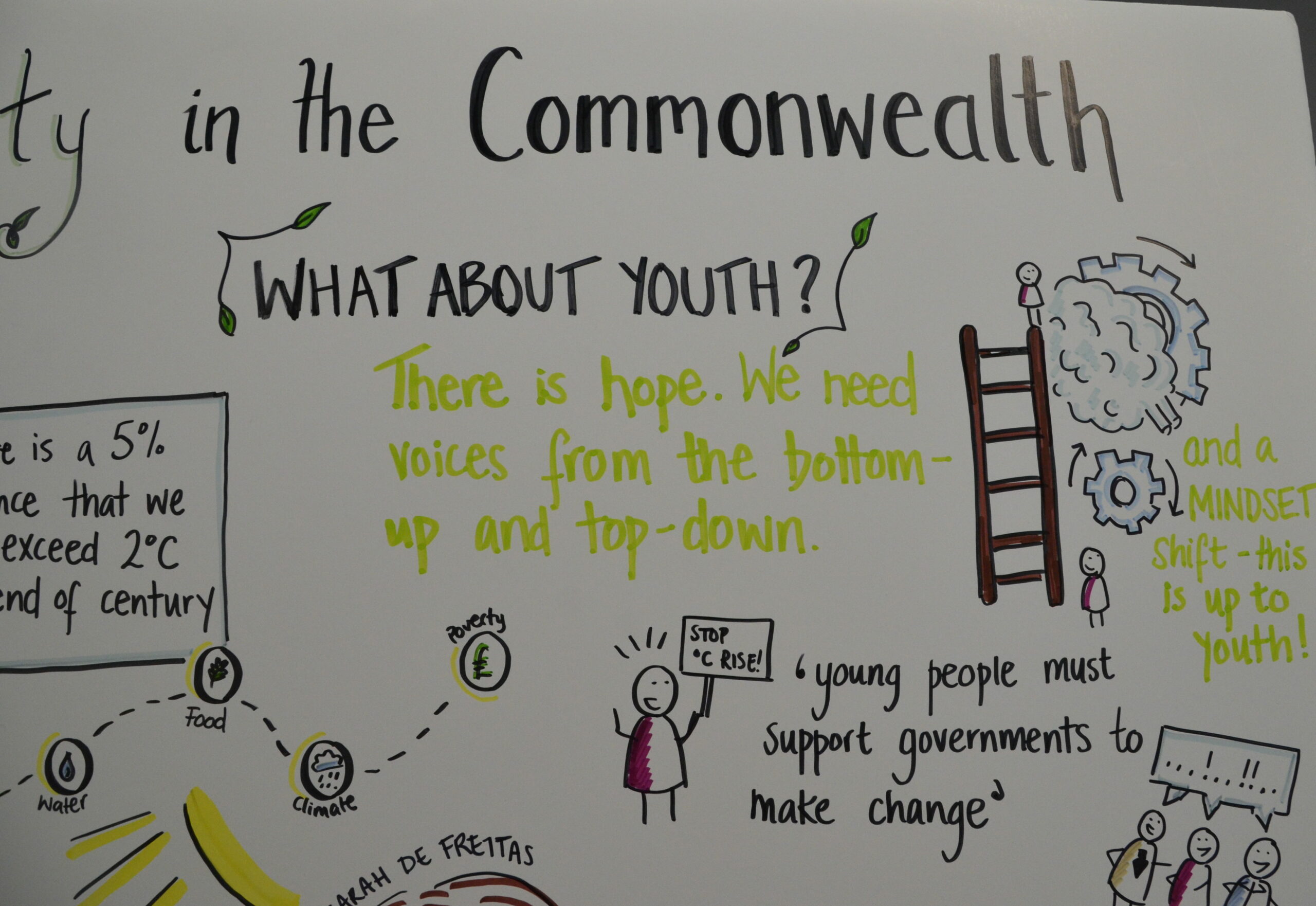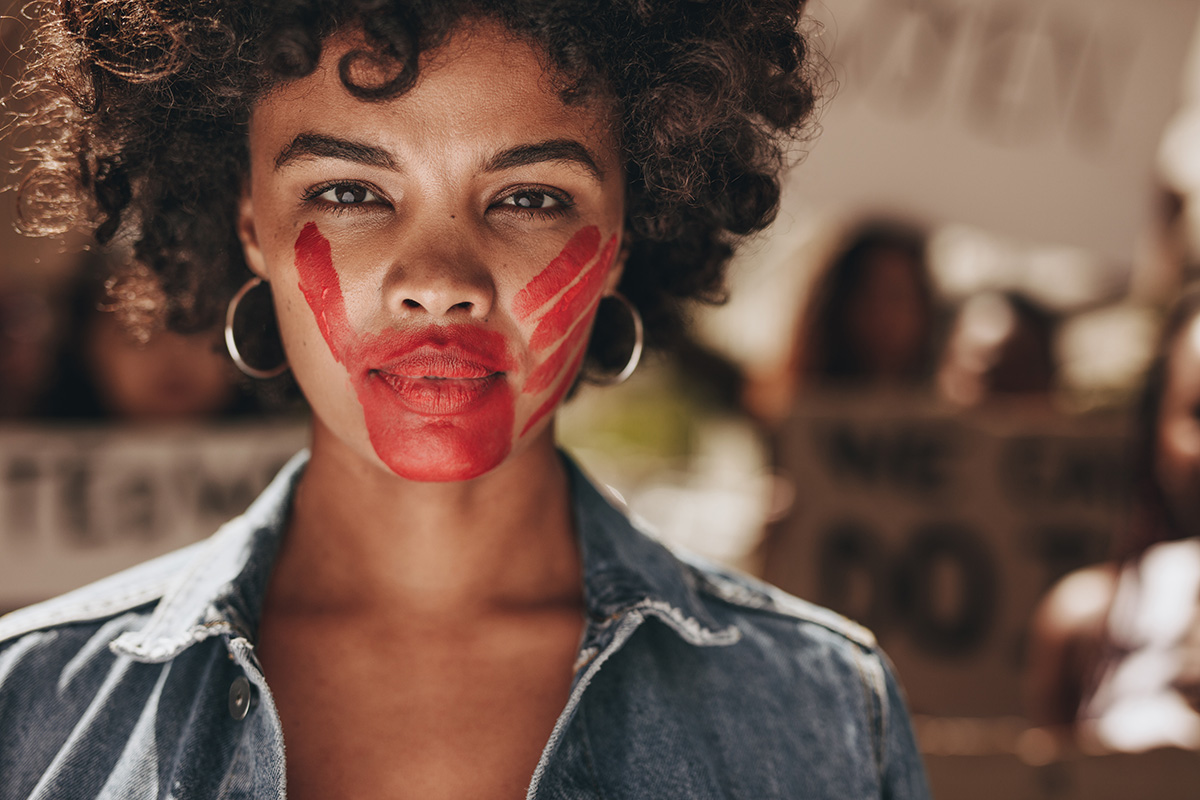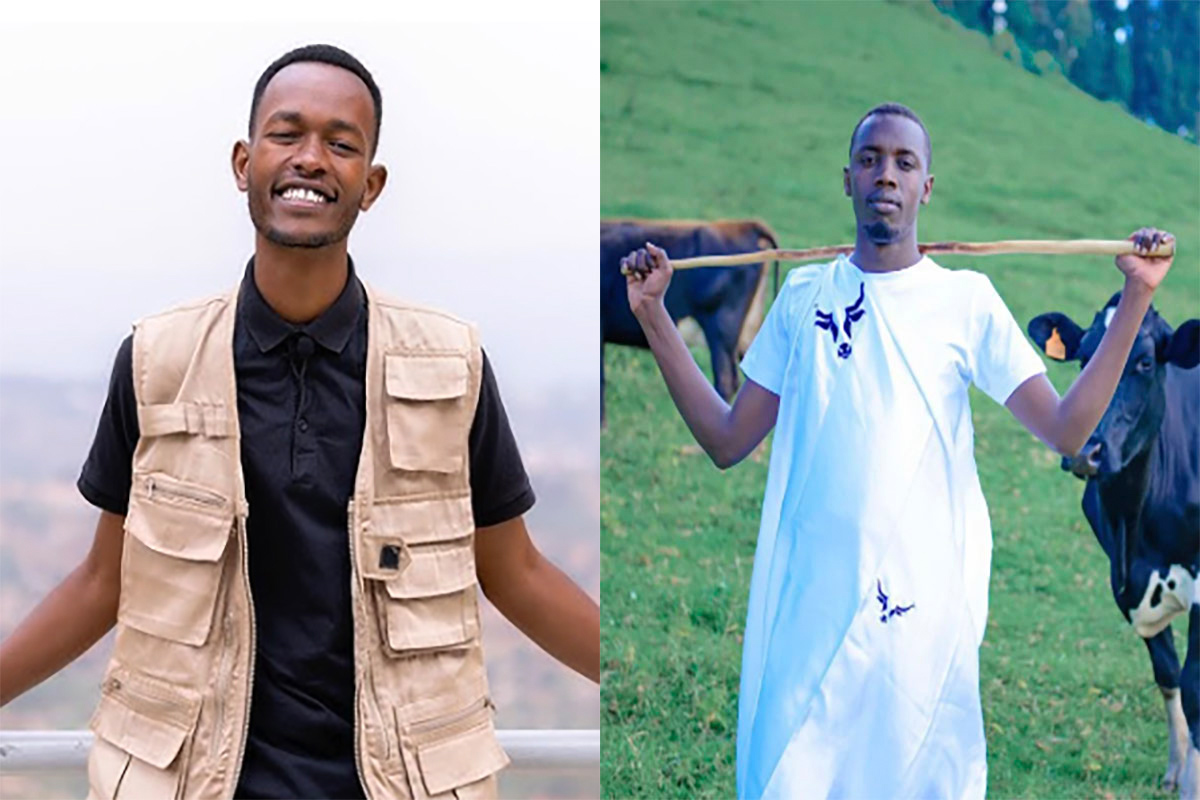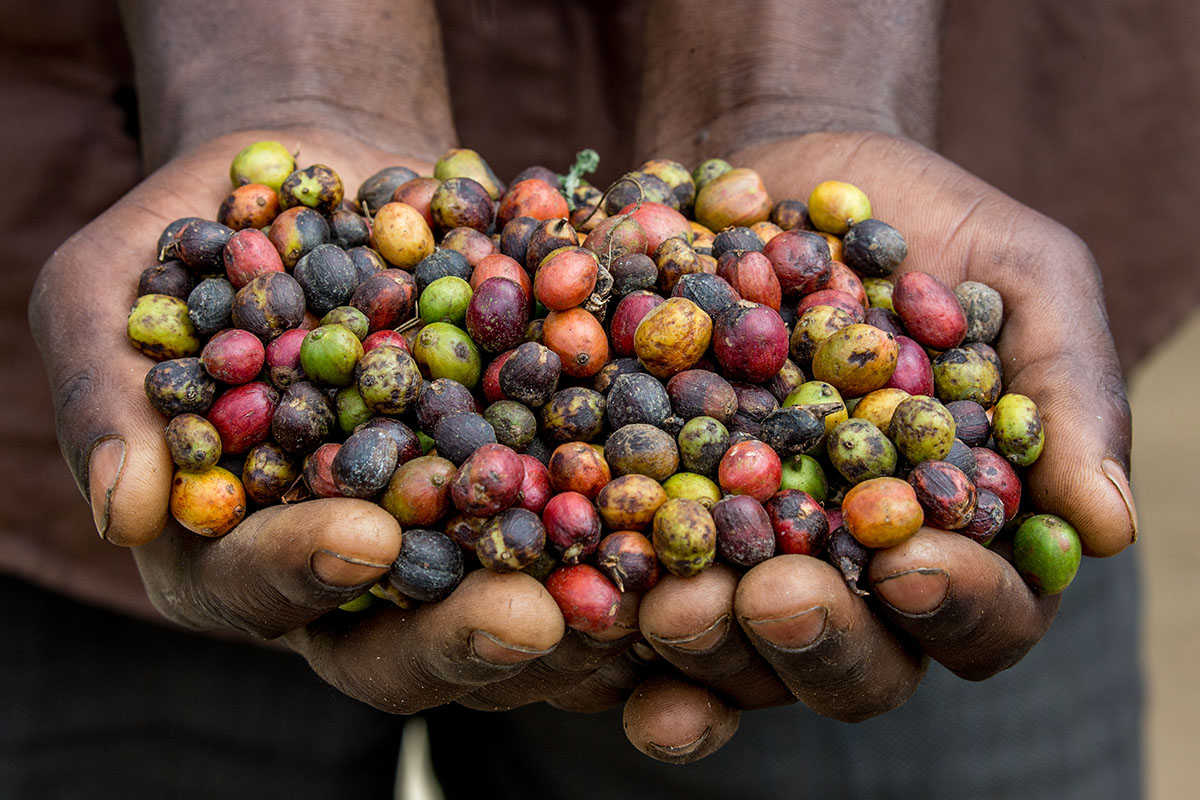A young Peacebuilder’s perspective
May 17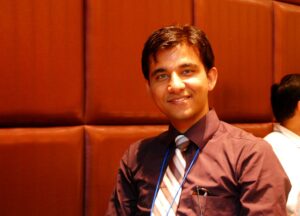 Mridul Updahyay is the India Coordinator for the Commonwealth Youth Peace Ambassadors Network. He shares his perspective on the Commonwealth’s approach to ‘Inclusive Peacebuilding’ for powering our common future.
Mridul Updahyay is the India Coordinator for the Commonwealth Youth Peace Ambassadors Network. He shares his perspective on the Commonwealth’s approach to ‘Inclusive Peacebuilding’ for powering our common future.
This reflective piece is a summary of my experience as the India Coordinator for Commonwealth Youth Peace Ambassadors Network (CYPAN), Asia Coordinator for United Network of Young Peacebuilders (UNOY) and co-founder of Youth for Peace International (YfPI).
I have been associated with Commonwealth Youth Program since 2013 in various pro-bono capacities. I give a huge credit of my development to the opportunities given by The Commonwealth. I am a strong believer that the young people creates wonders if given enough opportunities and support. Thus, the theme of Commonwealth Youth Forum 2018 ‘Powering Our Common Future’ inspires my thoughts to advocate for ‘inclusive peacebuilding’ in the Commonwealth.
Inclusive peace, for me, is acting on the principles of local agency and youth leadership in peacebuilding. The energy, creativity and commitment which youth demonstrates, deserve more than just ‘being included’ or ‘participation’ in peace processes. I believe that youth-led peacebuilding efforts will make the Commonwealth more secure, sustainable and prosperous. But there is a huge scope of interventions to make these principles a reality.
The Global Survey collected an in-depth study of on-ground youth-led peacebuilding organizations. Most of the young peacebuilders are working in the area of Preventive Violent Extremism. Instead of cleaning up the aftermath of social conflict, young women and men believe in building in youth people the skills that will enable them to claim common spaces and engages positively with conflicts.
Young peacebuilders feel that their relationship with the community and deep understanding of the local conditions is a strength compared to other actors such as government, aid agencies, security forces and religious leaders.
It is expected that the planned activities of the youth led peacebuilding organisations are informed by evidences and their ‘theories of changes’ are well developed. But how to do it without building capacity of the organisation? Most youth-led organisations depend heavily on volunteers (operate with 97% volunteers including staff and members)1 and has low visibility, mostly because they are under-funded.
Half of the organisations that answered the survey operate with less than USD 5,000 per year. Funding restricts the kind, timeline and reach of their interventions. Young peacebuilders end up spending a lot of time in just raising fund for the survival of their initiatives, which becomes a huge tradeoff of not being able to timely execute various short and long-term interventions. And impact evaluation of these initiatives becomes difficult because of lack of capacity, funds and time to monitor and evaluate. Thus, scale and replication of relevant initiatives and theory of changes become difficult.
But, usually, youth are not considered a contributing actor to peacebuilding of the society. There is not enough trust on the youth’s credibility and commitment to the shared vision of a peaceful world. It is felt that youth elitism is increasing. Also, communities feel that youth are becoming opportunistic and fake because more or less they have a hidden agenda of CV building for higher studies and better opportunities.
So, decreasing support for young peacebuilders and youth led peacebuilding organizations is creating a wicked problem. It puts them in a vicious cycle of funders and donors not having funds for peacebuilding activities because of mistrust, which leads to less funding for capacity building programs and youth led peacebuilding organizations, causing less work being done by these, causing less visibility and credibility coming to these, which further reduces the trust of funders and community on young people’ commitment even more.
For powering our common future, we need long term sustainable and inclusive actions. The recent global consultation on UNSCR 2250 was an inclusive and participatory progress study on the youth’s positive contribution to peace processes. In it, the young peacebuilders reiterated the requirement of the funding support for building organisational capacity and long-term sustainable actions. This is where The Commonwealth can intervene to make the peacebuilding more effective and to build strong policy arguments to make the case of peace for ‘powering our common future’.
Ref: UNOY Peacebuilders and SFCG. Mapping a Sector: Bridging the Evidence Gap on Youth-Driven Peacebuilding (The Hague, 2017). Available from https://www.youth4peace.info/
